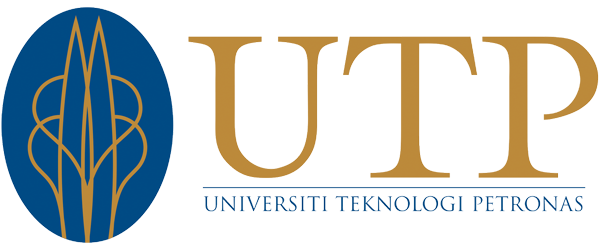IN a world transformed by digital disruption, sustainability imperatives and a rapidly shifting job landscape, Malaysia's higher education system finds itself at a crossroads.
While smart classrooms, hybrid delivery platforms and artificial intelligence-powered tools are increasingly commonplace, one component remains frustratingly static is our approach to assessments.
Despite advancements in pedagogy and technology, most universities continue to prioritise final examinations and closed-book tests. These assessment formats may fall short in evaluating the competencies required by the modern workforce.
This problem is not isolated but part of a larger system of issue. The 2025 Future of Jobs report by the World Economic Forum highlighted growing recognition of practical skills and cognitive abilities over traditional and formal educational qualifications.
Meanwhile, the Malaysia Education Blueprint (2015-2025) aspires to cultivate holistic, entrepreneurial and balanced graduates. Yet the current system evaluates largely recall-based and siloed knowledge, making the assessment model no longer fit for purpose.
The introduction are far-reaching. Students become disengaged when assessment methods do not reflect the world they are about to enter. Lecturers feel constrained, as exam-centric models limit their ability to assess creativity, collaboration and problem-solving abilities.
Employees struggle with onboarding graduates who score well on paper but lack applied competence in real time. In return, policymakers are left rationalising investments in an education system that fails to deliver job-ready talent.
Many believe the solution is authentic assessment, a method that evaluates student knowledge and the ability to apply it in real or practical situations.
However, authentic assessment is not about simply replacing exams with presentations. It requires thoughtful integration into lesson planning, appropriate scaffolding of skills and fairness in evaluation.
Lecturers should be trained to create detailed rubrics, balance qualitative and quantitative grading, and manage diverse group dynamics effectively. From an educator's point of view, implementing such assessments is time- and labour-intensive.
Designing rubrics, moderating scores and managing group dynamics require training, reduced administrative loads and robust quality assurance frameworks. Moreover, not all disciplines can or should abandon traditional exams.
To be clear, authentic assessment does not mean discarding exams entirely. Some fundamental courses in science, technology and engineering can still use conceptual tests to strengthen understanding.
However, it is time to diversify the portfolio. A balanced model with 30 to 40 per cent of assessment based on real, applied projects is both possible and useful in the curriculum. This can include integrated projects across multiple courses designed to produce authentic and formative project-based outcomes.
Equally important is preparing students for this mode of assessment. Many have been conditioned to learn for the exam and not for impact. To ease this transition, we can start with smaller authentic tasks - such as hosting digital bootcamps and hands-on workshops to expose students towards digital skill adaptations and demonstrations.
The future of assessment is not less rigorous; it is rigorous in a different way. If students continue to be measured with outdated tools and metrics, they will be prepared for a world that no longer exists.
The need to evolve is not about academic trends but an economic, equal and national necessity. The question is no longer whether this is possible, but the steps needed to make it happen.
DR CHAI YEE HO and ASSOC PROF DRLAM MAN KEE Chemical Engineering Department, HICoE-Center for Biofuel and Biochemical Research, Universiti Teknologi PETRONAS.

